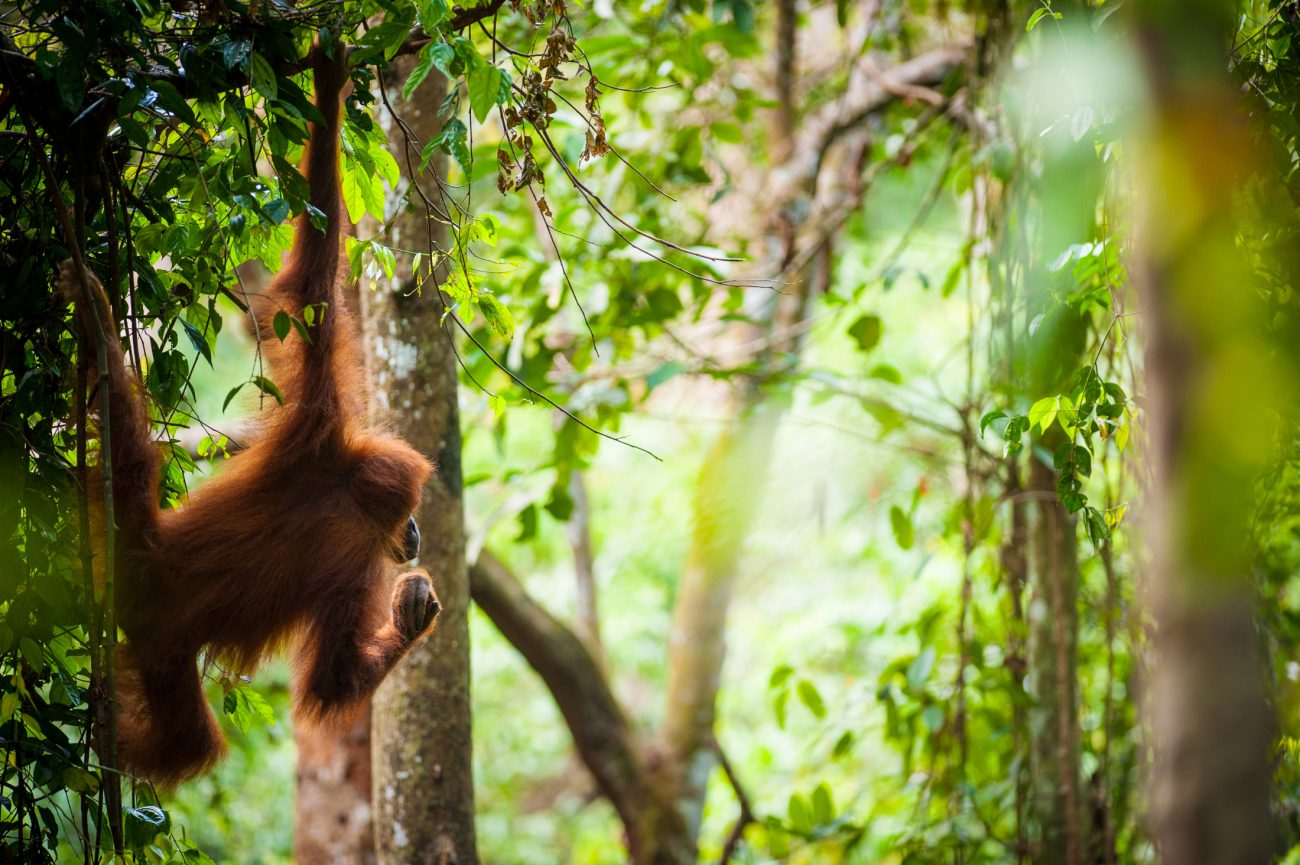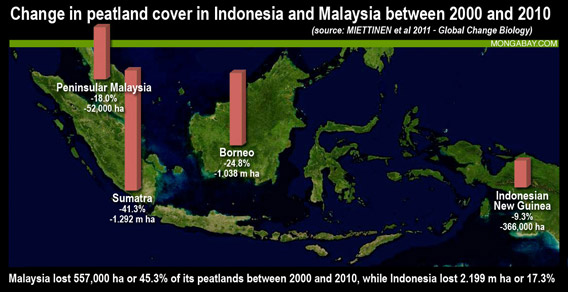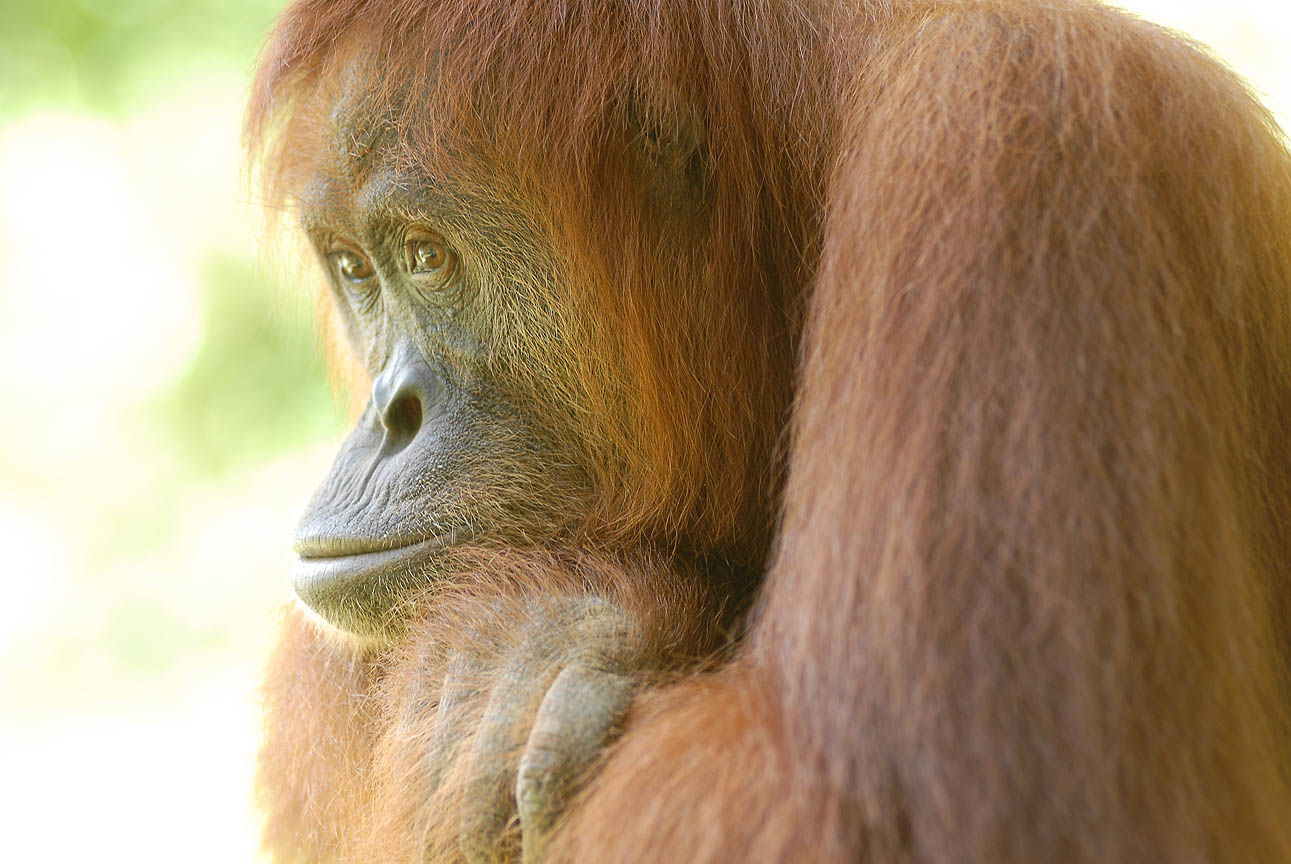World Wetlands Day
February 2nd is World Wetlands Day. SOS Conservation Programme Manager, Fabien Garnier, highlights why wetlands are so important.Wetlands are amongst the most biologically productive ecosystems on the planet, comparable to rainforests and coral reefs.
The Ramsar Convention (named after the city of Ramsar in Iran, on the shores of the Caspian Sea) was signed on February 2nd 1971 and is an international treaty for the conservation and sustainable use of wetlands. This year the theme for World Wetlands Day is “Wetlands for Disaster Risk Reduction”. In Indonesia, mangroves, peatlands and floodplains play a vital role for human communities, as well as biodiversity, providing natural protection against seasonal floods, flash floods, and tsunamis.
Wetlands are found from the tundra to the tropics and support both aquatic and terrestrial species as well as numerous migratory and non-migratory bird species.
Amongst the most well-known forms of wetlands are peatlands, that are underlain by peat in various stages of decay, accumulating for thousands of years. Peatlands are the most efficient carbon sink on the planet. Worldwide, peatlands could contain 550 gigatons of carbon and Indonesian peats store 54 gigatons, more than any other tropical country.
In Sumatra, peatlands also provide crucial habitat for orangutans. Populations can be found in 3 peat swamps, all on the West coast of Aceh province and inside the threatened Leuser Ecosystem, the last place on Earth where Sumatran tigers, elephants, rhinos and orangutans roam together. These three forested swamps, namely Singkil, Kluet and Tripa, account for only 11% of remaining orangutan habitat, but hold 31% of the total Sumatran orangutan population, and are therefore critically important to their conservation.
Change in peatland cover in Indonesia and Malaysia between 2000 and 2010. Courtesy of mongabay.com
Unfortunately, peatlands in Sumatra have been lost due to the expansion of oil palm plantations and other agricultural commodities, the demand for timber as well as the development of roads and infrastructure. Between 1985 and 2007, Aceh and North Sumatra provinces lost respectively 35% and 78% of their peat forests. More recently, forest fires in 2015 mainly occurred on drained peatlands during the dry season and led to the destruction of 1 million hectares of forest, and the emission of 1.6 billion tonnes of greenhouse gases.
According to the World Bank, the 2015 fires cost 16 billion USD (2% of Indonesian annual GDP): much more than what is needed to enforce current regulations designed to protect peatlands, restore degraded peat swamps, and ultimately, save the Sumatran orangutan.


